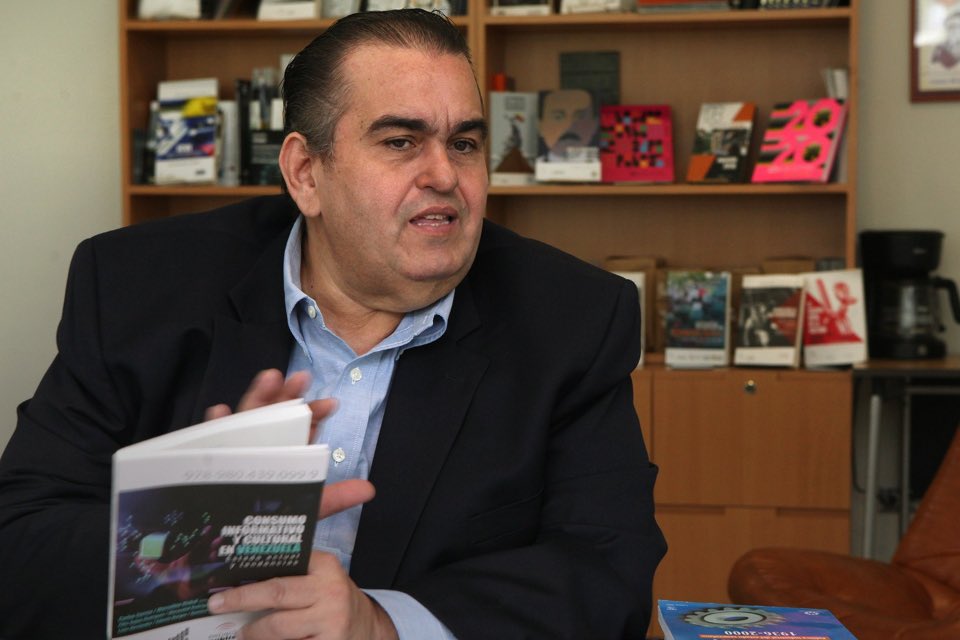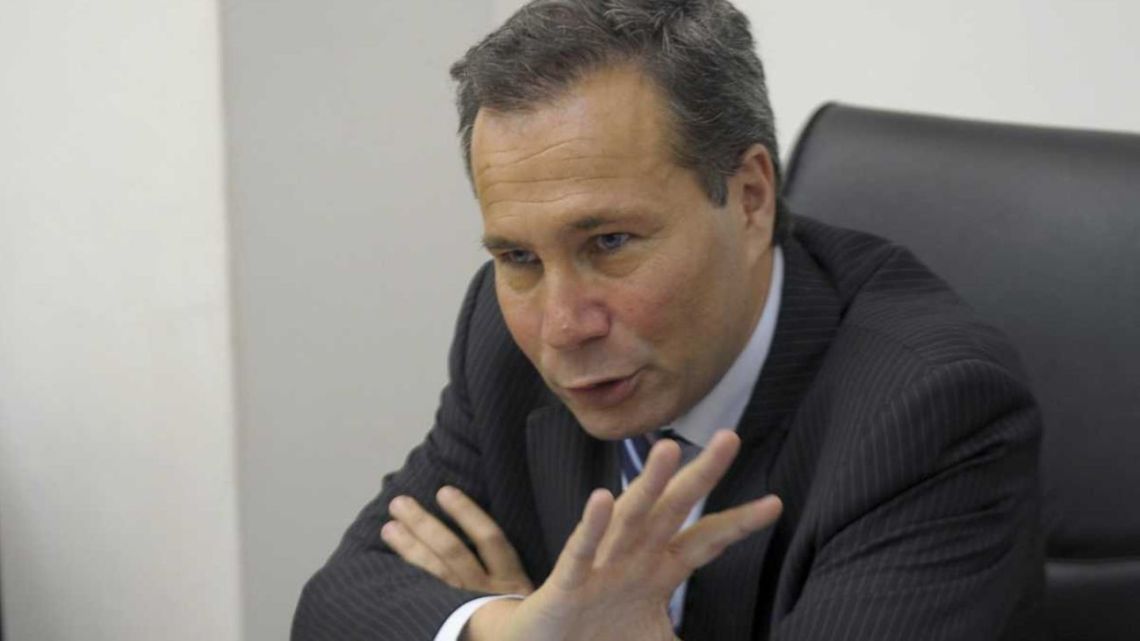The Brazilian financial market witnessed a notable shift as the US dollar continued its downward trend against the real. This movement came in response to new inflation data from the United States.
The data bolstered expectations for potential interest rate cuts by the Federal Reserve in 2025. The spot dollar closed at R$ 6.0252, marking a 0.35% decrease. This decline mirrored the global trend.
The DXY index, which measures the dollar against six major currencies, fell 0.18% to 109.092 points. The dollar‘s weakening stemmed from the release of US Consumer Price Index (CPI) data.
The CPI rose 0.4% in December, bringing the 2024 annual rate to 2.9%. The core CPI, excluding volatile items like food and energy, showed a monthly increase of 0.2% and an annual rate of 3.2%.
These figures aligned with market expectations, leading to increased bets on monetary easing by the Federal Reserve. Traders now see a 30.5% chance of the Fed lowering rates to 3.75%-4.00% range this year, up from 25.5% before the CPI release.
 Dollar Weakens Against Real as US Inflation Data Sparks Rate Cut Hopes. (Photo Internet reproduction)
Dollar Weakens Against Real as US Inflation Data Sparks Rate Cut Hopes. (Photo Internet reproduction)Impact on Brazil’s Economy and Financial Markets
In Brazil, the impact was felt in the interest rate curve, particularly in long-term bonds. The Interbank Deposit (DI) rate for July 2025 stood at 13.97%, down from the previous 13.99%. The January 2026 contract rate fell 9 basis points to 14.81%.
Domestic economic data also influenced market sentiment. Brazil’s services volume dropped 0.9% in November, surpassing analysts’ expectations of a 0.3% decline.
Additionally, Treasury Secretary Rogério Ceron announced that the central government’s accounts remained within the fiscal target tolerance band for 2024. The market closely monitored a meeting between President Luiz Inácio Lula da Silva and Finance Minister Fernando Haddad.
This meeting further shaped investor perceptions of Brazil’s economic direction. These developments collectively contributed to the real’s strengthening against the dollar.

 By The Rio Times | Created at 2025-01-15 21:54:00 | Updated at 2025-01-19 17:57:36
3 days ago
By The Rio Times | Created at 2025-01-15 21:54:00 | Updated at 2025-01-19 17:57:36
3 days ago








